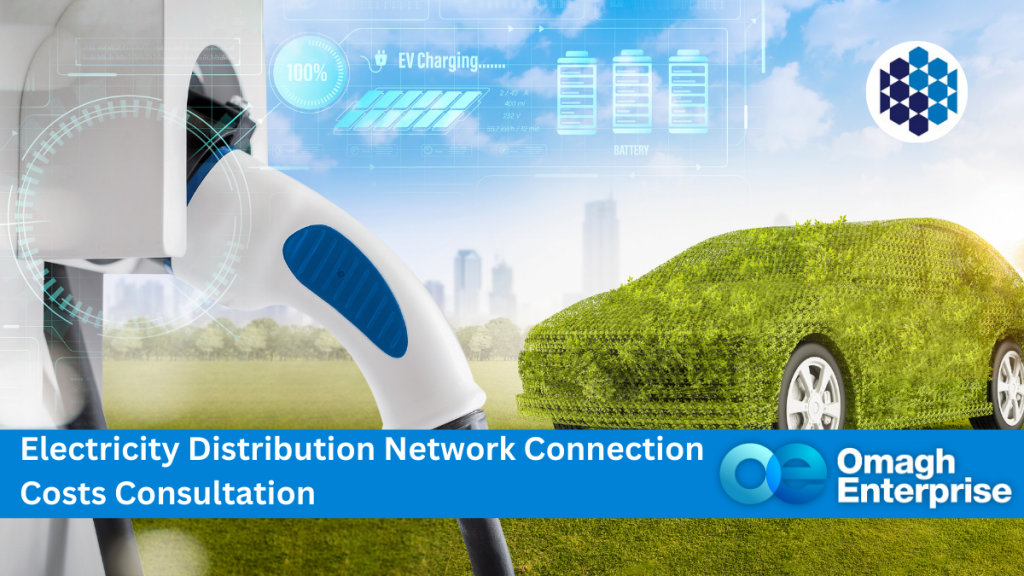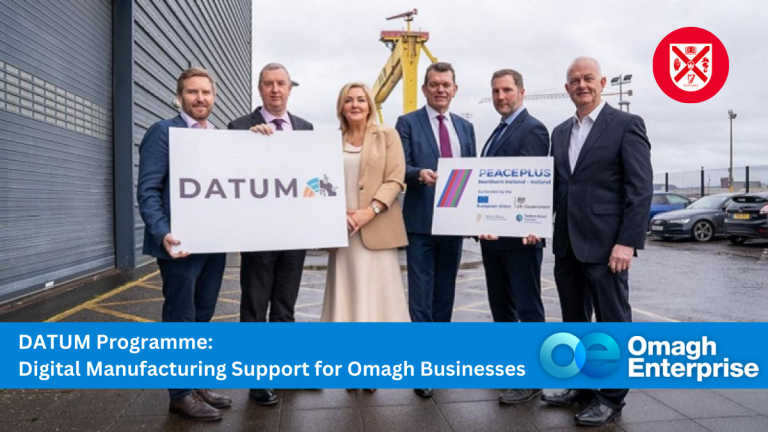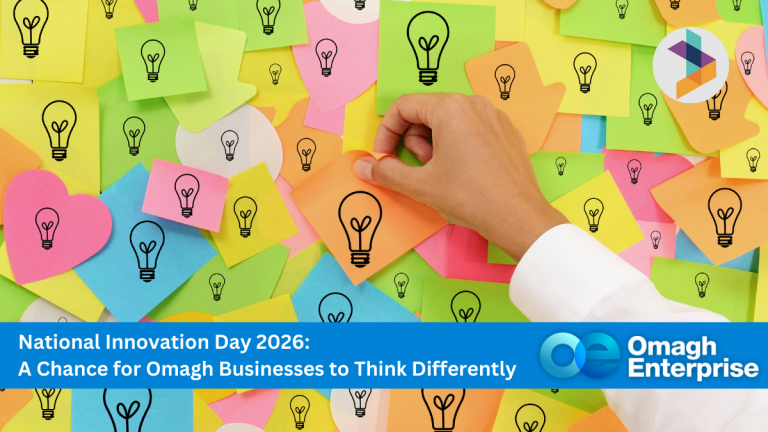Views sought on proposals for the increased socialisation of connection costs in the electricity distribution network.
The Department for the Economy (DfE) has launched a consultation on proposed increases to the proportion of electricity distribution network building costs being socialised across all customers.
The current connection charging policy for the distribution network here is to charge new connecting customers for the cost of any reinforcement to the network triggered by their connection request, as well as the cost of the lines and plant directly needed to make the connection. This can be a barrier to connecting more renewable generation and installing low carbon technologies such as heat pumps and Electric Vehicles (EVs).
The actual reinforcement costs here, for equipment etc are similar to those in Britain and Ireland. However, the proportion of those costs borne by the individual requesting the connection to the distribution network is higher here and the proportion of those costs socialised to all customers is lower here.
For homes and businesses, especially in rural areas, adding a heat pump or an EV charger can require a larger connection, and then can be the trigger that necessitates some reinforcement to local lines. In that case the first person to need the upgrade would be liable for the cost of upgrading that local line, even though other customers share that line, and could add their own EV or heat pump without contributing to the cost of the upgrade. This also applies to renewable generators connecting to the distribution network. This is known as the “first-mover disadvantage”. This makes adopting new low carbon technologies unfairly less feasible for many people, businesses, and renewable generators particularly in rural areas.
A solution is to move to a more socialised connection charging policy, where more or all of the reinforcement costs are paid for initially by NIE Networks, and then by all electricity consumers, through the network charges we pay in our electricity bills.
The consultation considers four proposals for the way ahead:
- continue with the current distribution connection charging policy
- partial socialisation
- full socialisation for homes and businesses, with partial socialisation for generators
- full socialisation




